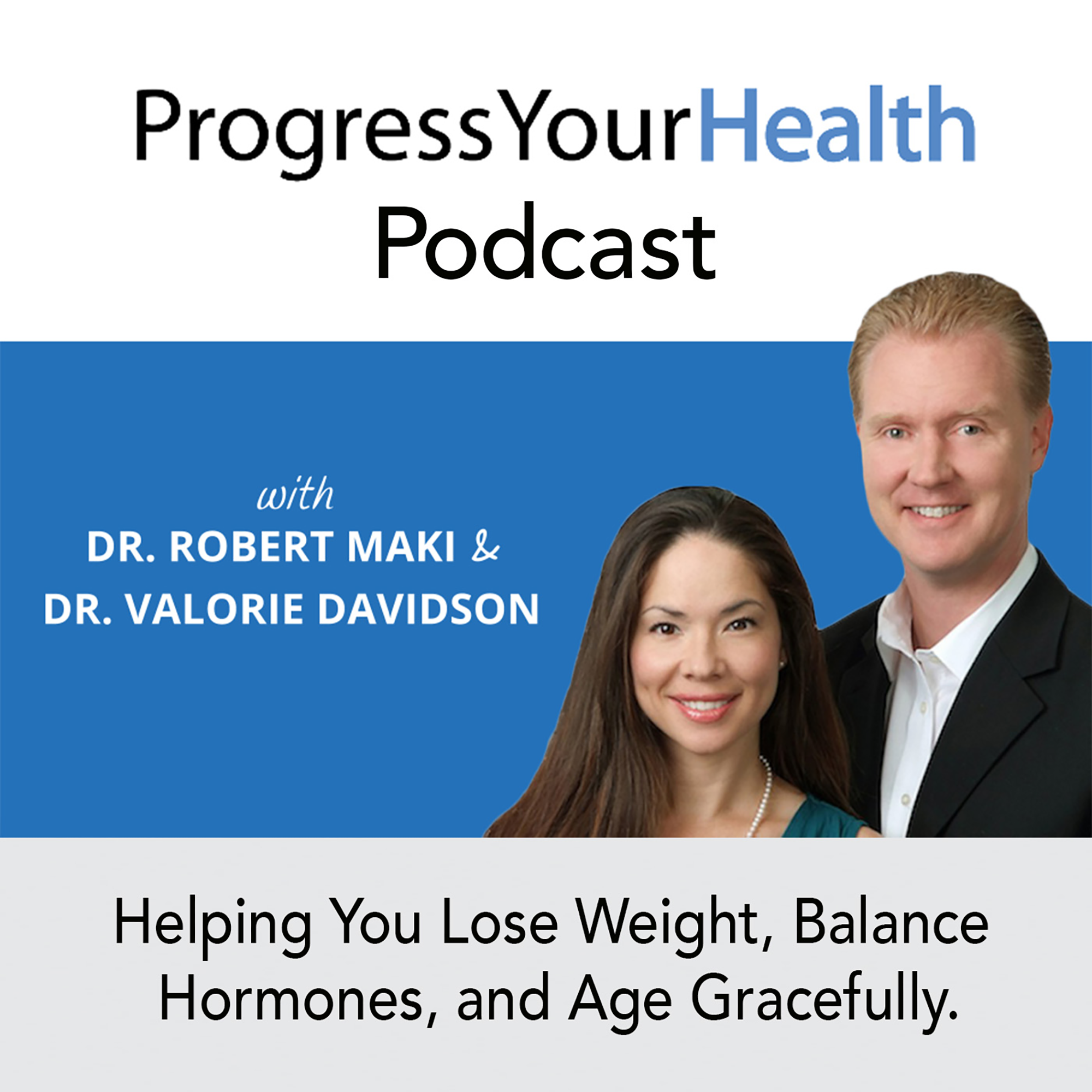Questions to Ask Your Doctor About PCOS | PYHP 060

b'In this episode of the Progress Your Health Podcast, we want to discuss questions you might want to ask your doctor when it comes to PCOS.\\nPCOS stands for Polycystic Ovarian Syndrome. The name can be misleading. Polycystic means, having multiple cysts on or in your ovaries. While this can be true, many women with PCOS do not have any ovarian cysts. PCOS is a collection of hormonal imbalances that may result in cysts and other unwanted symptoms.\\xa0\\nDuring this episode, we talk about the diagnosis, symptoms, and questions to ask your doctor regarding PCOS. We explain that PCOS is more of a spectrum of symptoms as some women can have all the symptoms and others a few.\\xa0\\xa0\\nThis is why it is important to have clear communication with your doctor on how:\\n\\nPCOS is affecting your life.\\xa0\\xa0\\nWhat your health goals are with PCOS.\\xa0\\xa0\\nThe proper treatment to help with PCOS.\\xa0\\n\\nBefore we move on, let\\u2019s understand the basics with PCOS. The common symptoms that are associated with PCOS:\\nCommon PCOS Symptoms:\\xa0\\nCysts: if you have not had an ultrasound, request that your doctor order you transvaginal ultrasound. As mentioned earlier, many women with PCOS do not have cysts on the ovaries. But if there is any thought that you might have PCOS, then you do want to have a transvaginal ultrasound. This will give us information on the size of the uterus and ovaries. If you have any growths or cysts. It will even check the thickness of the lining of your uterus.\\xa0\\nMissing, Irregular Periods: It is very common in PCOS to miss periods for multiple months. Some women miss one month a year, and others can miss up to six months at a time. It is also common to have cycles that range from 25 days to 45 days.\\xa0\\xa0\\nWeight gain: Weight gain is one of the most common frustrations with PCOS. It is very easy to gain and hard to lose. Even with strict caloric restriction and a lot of exercise, women with PCOS will be frustrated because they cannot lose weight.\\nHair loss: It is common in PCOS to have hair loss. Particularly on the top of the head and temples can appear to be especially thin.\\xa0\\xa0\\nHair growth on the face and other areas of the body (except for the head): While it might be easy to lose hair on the head. In PCOS there can be hair growth on other areas of the body. Most commonly, the upper lip, chin and jaw, chest and pubic area before the belly button. We are human, and humans grow hair on our bodies. But in PCOS it might seem a bit more extreme.\\xa0\\xa0\\nIrritable: It is common to feel irritable not warranted for the situation in PCOS.\\xa0\\nLack of Conceiving, Fertility issues: PCOS is one of the top causes of infertility. There tends to be a lack of ovulation in PCOS. But there are many women with PCOS that have children. But there is a link between fertility and PCOS.\\xa0\\xa0\\xa0\\nElevated Blood Pressure: Some women with PCOS will have essential hypertension. Or eleva'